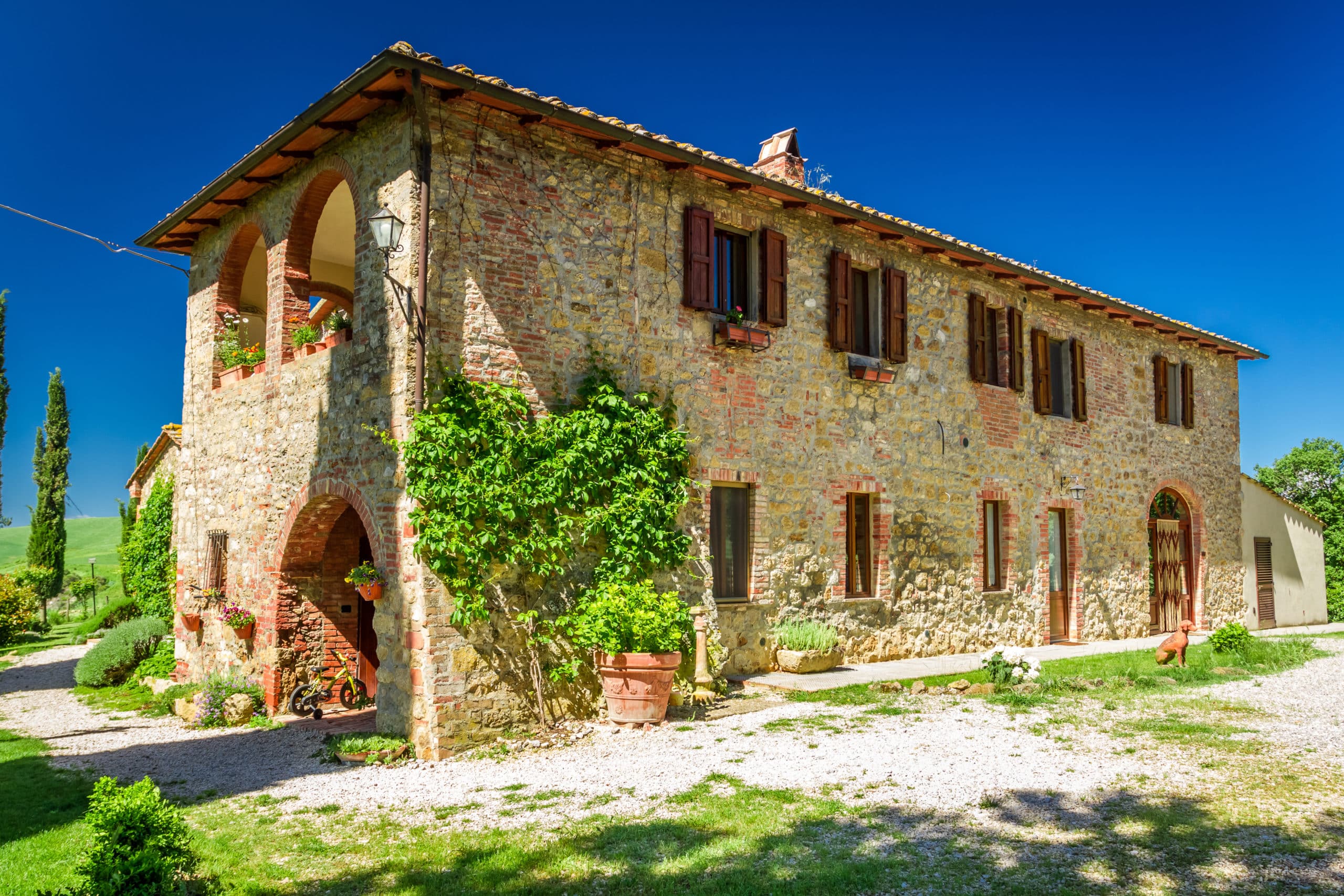The “contratto preliminare di compravendita” (preliminary sale and purchase agreement), also called “compromesso”, is – like an offer to purchase – a contract binding the parties to sell and purchase a determined property by means of the final “contratto di compravendita” (purchase contract).
Considering the binding effects of the preliminary sale and purchase agreement, hereinafter PSPA, before signing it, we strongly advise to have it drafted, or at least revised by, an Italian solicitor, taking into consideration the outcome of legal real estate due diligence.
We at Stornelli Law Firm provide assistance throughout the property purchase and sale process, starting from the negotiation of all PSPA terms and conditions to the closing deed exchange, according to the specific needs of our clients and without the need for them to be physically present at any step of the process.
The PSPA is required to be stipulated, by both seller and buyer, in the same written form as the final contract, and to mention, at least, the basic elements that will be therein indicated, such as:
- Parties’ identity;
- Information about the property to be purchased/sold. It is not mandatory to indicate particular information about the subject of the agreement, but it is essential that it is determinable based on such information (e.g., address, rooms, etc.);
- Price.
Contact us for additional information.
A PSPA may also include additional terms that aren’t required but may be useful to protect one or both parties’ interests.
The following are some common additional terms:
a. Deadline for the closing deed
The deadline may be one of two different types:
- Simple deadline: if one party doesn’t comply with the obligation to stipulate, he/she will be in breach of contract, but the PSPA will be still valid;
- Essential deadline (“termine essenziale”, as per Article 1457 of Italian civil code), when the deadline is fixed in the interest of one of the parties: in such case, the PSPA will be terminated by law without the need for further steps, except if the party, in whose interest the deadline was inserted, requests – within three days after the deadline expires – the performance of the agreement.
b. Down payment
The down payment is normally paid by the promissory buyer upon execution of the PSPA in order to demonstrate the commitment is serious. It may be of different types, each of which has a separate regulation in terms of civil and tax implications:
- “Acconto” corresponds to the classic down payment. It is paid as an advanced payment of a part of the price due upon closing. In case closing doesn’t take place, the promissory seller must refund the funds received, no matter if one of the parties is in breach of contract. If one of the parties wants to claim a compensation for damages, he/she is required to take legal action. The registration tax (making up part of the property transfer taxes) on which such down payment is subject is equal to 3%.
- “Caparra Confirmatoria” works, at the same time, as an advanced payment on the price to be paid upon closing and as compensation for damages, without the need to provide proof of them.
In fact, Article 1385 of Italian civil code states that if the party who paid the “caparra” (meaning the promissory buyer) is in breach of contract, the other party (promissory seller) can, alternatively:
- Claim the other party to comply with the PSPA. Italian law gives the compliant party the chance to take legal actions in order to obtain a judge decree producing the same effects as a closing deed (i.e., property transfer at the conditions expressed by the PSPA) and retain the down payment by way of compensation for damages;
- Terminate the PSPA and retain the down payment by way of compensation for damages.
In both cases above, nothing prevents the promissory seller from taking legal action to prove damages uncovered by the down payment and obtain the residual compensation for such damages. In such cases, the down payment will work as an advanced payment of the full amount due.
Conversely, if closing is off due to a breach of contract on the promissory seller’s part, the promissory buyer has the right to claim double the amount of the down payment from the promissory seller.
The registration tax on which such down payment is subject is equal to 0.50%;
- “Caparra Penitenziale” works mostly like the caparra confirmatoria, except it is not possible to claim the fulfillment of the contract and to get a compensation for the damages not covered by the down payment.
Therefore, in case of a breach of contract due to the other party, possible damages will be only compensated:
- For the promissory seller, by retaining the down payment;
- For the promissory buyer, by claiming double the down payment.
c. Furniture
Unless specified differently, a sale and purchase agreement states that the property is sold empty (“libero da persone e cose”, meaning “free from people and things”).
Therefore, if the promissory buyer is interested in purchasing the property (partially or fully) furnished, it is advisable to mention this during the PSPA exchange stage.
Contact us for additional information.
Registration of the PSPA
After the execution of the PSPA of a property, the agreement must be registered at public records, pursuant to Article 2645 bis of Italian civil code.
The registration is aimed to guarantee the promissory buyer against the effects of possible further registration that may be done successively by third parties (e.g., sales, mortgages, liens, etc.).
The registration is valid for one year from the deadline fixed by the PSPA for the closing deed or, in any case, for three years after the registration.
For the registration of the PSPA, in addition to taxes calculated on the down payment (as mentioned above, sub b), the following taxes are due:
- Imposta di Registro (registration tax), in a fixed amount of EUR 200.00;
- Imposta di Bollo (duty stamp), of EUR 16.00 per 4 pages or 100 lines. If the PSPA is notarized, the duty stamp due is of EUR 155.00.
Unless agreed differently, taxes related to a property purchase are due from the buyer.





